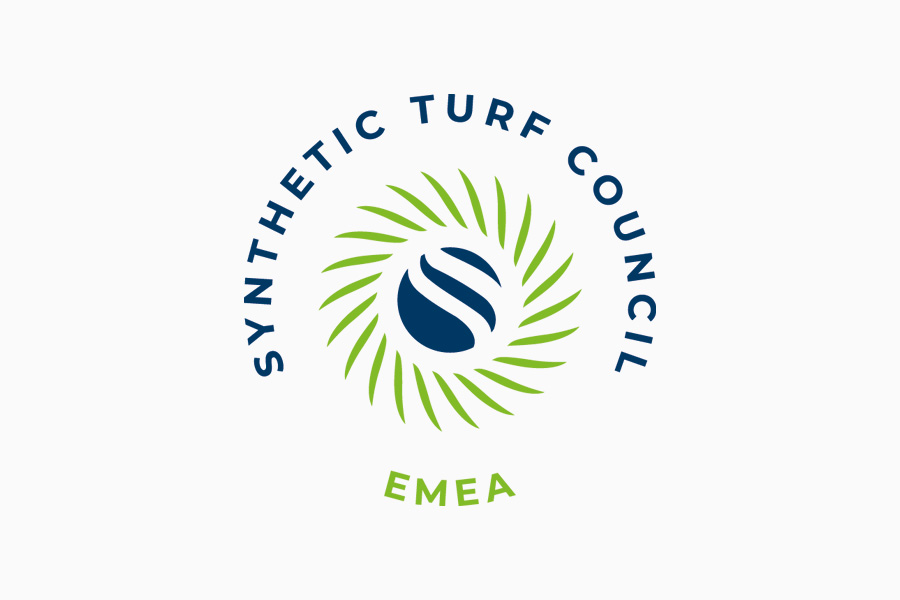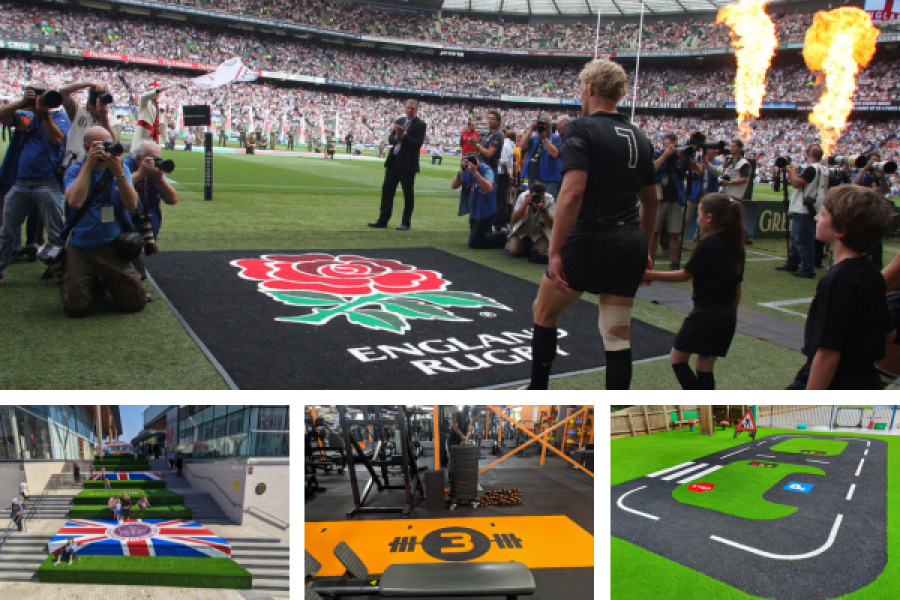NOC*NSF has become a member of ESTC, the industry association for the synthetic turf industry.

NOC*NSF is lid geworden van ESTC, de branchevereniging voor de kunstgrasindustrie 16 July 2024 Fieldmanager.nl De ESTC en NOC*NSF hebben al enige tijd contact met elkaar over ontwikkelingen binnen de kunstgrassector. De sportkoepel is nu lid geworden van deze brancheorganisatie.De ESTC, of voluit EMEA Synthetic Turf Council, werkt in Europa, het Midden-Oosten en Afrika samen […]
Your Artificial Grass More Sustainable with Reconnect

Your artificial grass more sustainable with Reconnect 21 June 2024 The environment is an issue that concerns our society, which is why Realturf works every day to offer the most sustainable options along with great quality and variety of colors so that your garden becomes your favorite place to reconnect with nature. On a daily […]
Pro Padel League Chooses Realturf as Its Official Playing Surface

13 June 2024 Finally, we can announce a great collaboration in the world of sport, more specifically in the world of artificial turf for padel courts. It is a new agreement that positions Realturf as the new official playing surface for the Pro Padel League (PPL), the only professional padel league in the United States. […]
SMG Sportplatzmaschinenbau GmbH teams up with Gimv to further accelerate global expansion

11 June 2024 Vöhringen, Bavaria – Founded in 1975, SMG Sportplatzmaschinenbau GmbH (www.smg-machines.com) has established itself as a global leader in the development and manufacturing of cutting-edge machines for the sports industry and today used by elite teams such as Real Madrid, FC Bayern Munich, and the Miami Dolphins. Together with Tobias and Daniel Owegeser, […]
PGR – The Revolution of Artificial Grass for Padel Courts

6 June 2024 The two great padel expert companies, Realturf and Padel Galis, collaborate to create a new artificial grass for padel courts created by and for the players, and along with the great help of Bela, considered to be the best player of all times. Thanks to Bela, this project has experienced a leap […]
Schmitz Foam Products launches redesigned ProPlay® shock pad with reduced footprint

Schmitz Foam Products is the global supplier of high-quality ProPlay shock pads and has a reputation for its unrivalled solutions, innovation and quality. As of 1 January 2024, the company introduces its latest product: ProPlay-Sport23D/170. This improved variant replaces the successful ProPlay-Sport23D and can be manufactured with a more optimal mix of raw materials. The […]
Limitless play and logo design creativity on show at Cologne Public Space Expo

LazyPlay artificial grass and LazyExpo custom flooring at FSB International Public Space Expo in Cologne in October 2023 This October, Evergreens UK Group will be showcasing their comprehensive range of synthetic and customised flooring at Europe’s headline international public space, sports and leisure event, FSB in Cologne from 24-27 October 2023. In Hall 10.2 Stand […]
TotalEnergies to Build a New Plastic Recycling Unit at the Grandpuits Zero-Crude Platform

Paris, September 20, 2023 –TotalEnergies has announced the building of a new mechanical recycling unit for plastic waste at its Grandpuits site southeast of Paris. This new investment follows those announced in June 2023 — the doubling of sustainable aviation fuel (SAF) production and construction of a biomethane production unit — in line with the […]
TotalEnergies unveils its new product range RE:clic to accelerate the circular economy for plastics

TotalEnergies unveils its new product range RE:clic to accelerate the circular economy for plastics PRESS RELEASE Brussels, October 19, 2022 – TotalEnergies announces the launch of its new product range RE:clic for its low-carbon polymers that contribute to address the challenges of the circular economy. Lighter than many alternatives, polymers contribute to reduce the carbon […]
Study reveals that Amorim Sports cork infills contribute to a lower carbon footprint

Amorim Sports’ Nature infills have a negative carbon balance of -72.5kg CO2e/kg. Amorim Sports provides solutions for artificial turf systems for sports applications. Produced with cork, these components, used in artificial sports pitches, contribute to a positive impact on the climate. Amorim Sport’s nature range is composed of 100% natural cork performant infills. All […]